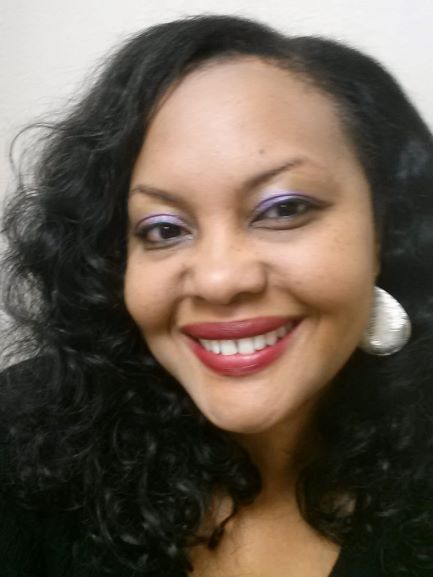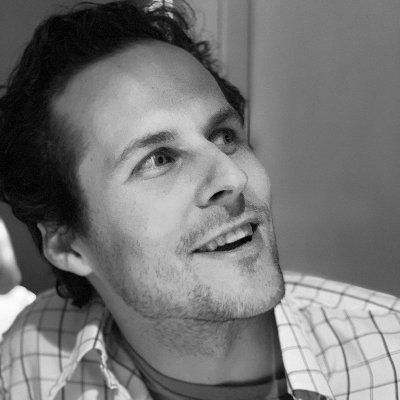Women and Memory Issues: What Can Help Memory Loss in Menopause?
Menopause and perimenopause offer so many challenges to your body, but also to your brain and how your brain functions. Brain fog and memory issues are extremely common for women going through Menopause, but there may be more that you can do for these issues than you think.
Prioritize Rest and Sleep
Most people do not realize that there is a difference between rest and sleep, and that both are important to brain health. Sleep is crucial because that allows your brain to reset itself overnight and move memories from short-term to long-term storage. Unlike sleep, you are conscious for rest, but you are still allowing your body and brain to have time away from that “go go go” mindset. Rest can include activities like meditation or lying down, or it can be more active, like gentle stretching. Incorporating better sleep and rest gives your brain and body the downtime that it needs.
Add Movement to Every Day
Movement is fantastic for your body, but it is also important for your brain. Working in strength exercises, aerobic movement, and flexibility exercise benefits your body. All exercise helps to stimulate your brain. Exercise also helps your brain to have what it needs, including producing neurotransmitters and other chemicals that assist with brain health as well as memory function. Choose exercise that you enjoy, no matter what it is. The type of exercise that you stick with is not nearly as important as it is for you to be consistent with your plan for Moving more.
Eat a Healthy Diet
What you eat always matters when you are talking about health, especially brain health. Making big changes all at once is almost always a bad idea though. That leaves you eating foods that might be newer to you that you have not always chosen to this point. You might have forced yourself to stop eating favorite foods, which can leave you feeling even more deprived. Start out slowly and make sure that you are approaching dietary changes as a choice between options rather than a rigid plan you have to follow.
Work Your Brain
It is also vital to work your brain and to keep it working. When you do not challenge your brain regularly, it is like any other muscle and it stops working as well. Find puzzles, games, and other challenges that you enjoy and that cause you to have to put a little effort into solving problems. Learn new things regularly, whether that means taking up a new hobby or signing up for a more formal class. Anything that you do that keeps your brain engaged in what is going on around you is helpful.
Improving your memory is a project that may require trying a variety of different solutions to find the right combination for your needs. Taking the time to assess what you need is crucial, as is paying attention to the basics. Giving yourself the nutritional and sleep support that you need is going to go a long way toward helping your brain to get what it needs.
Memory Matters empowers mid-lifers (and beyond) to improve their memory and confidence through proven techniques and strategies. If you feel that you or a loved one could benefit from the help of a memory coach, please contact us today! Email rena@renayudkowsky.com
The post Women and Memory Issues: What Can Help Memory Loss in Menopause? appeared first on Memory Matters.



























Already a Member? Login Here.
Not Yet a Member? Join the Conversation Today!